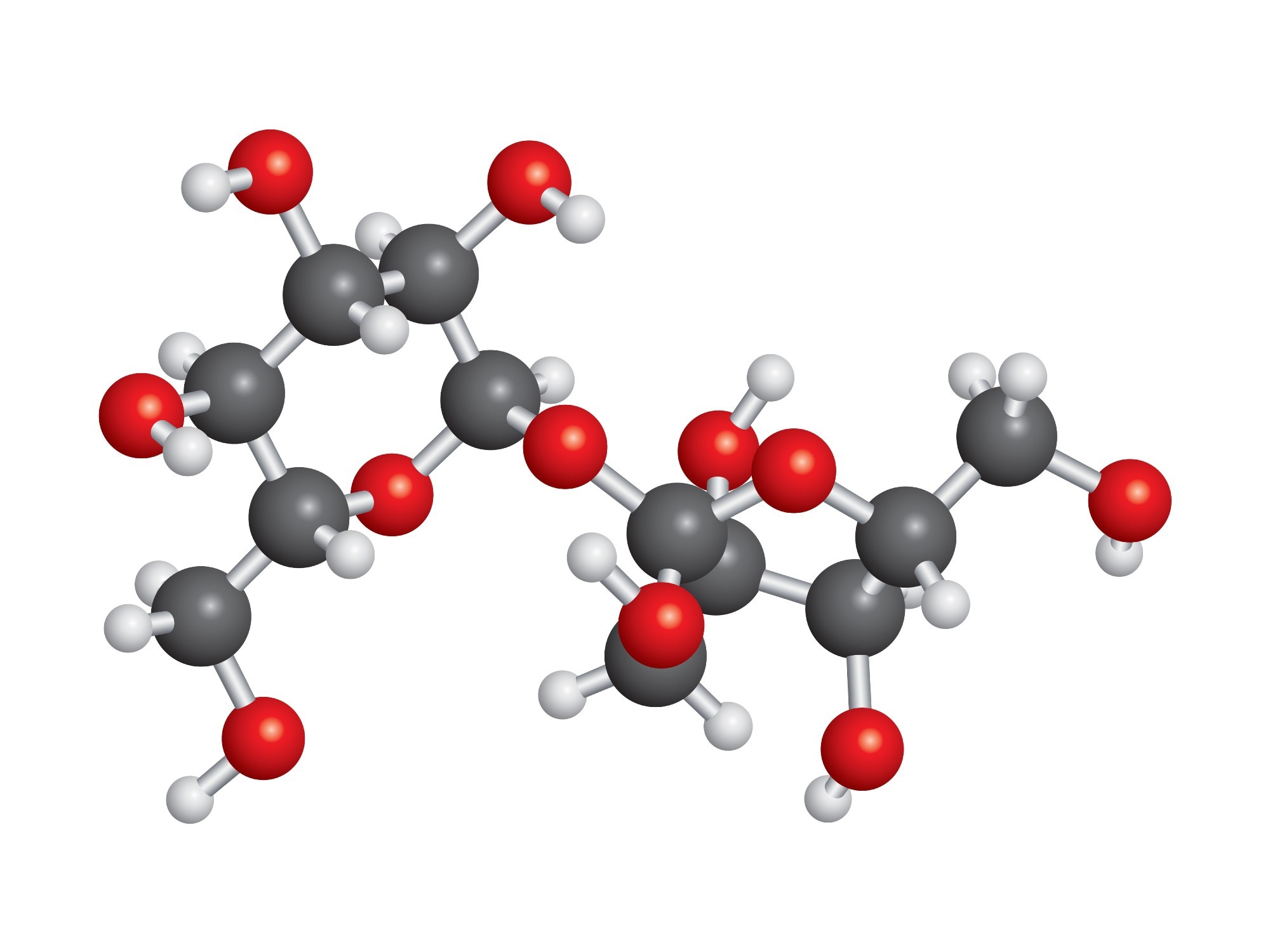Optimizing the Prospective of Polymers: Discover the Diverse Advantages and Practical Utilizes
The multifaceted advantages and practical usages of polymers proceed to advance, using innovative options to complicated challenges. By checking out exactly how polymers can boost item durability, drive sustainability initiatives, change healthcare options, and pave the way for future technical advancements, we can uncover a world of possibilities waiting to be used.
Significance of Polymers in Modern Industries
Polymers play an essential role in modern markets, functioning as versatile materials that drive innovation and effectiveness across a wide variety of sectors. These intricate particles, made up of duplicated subunits, have actually reinvented markets such as automobile, aerospace, electronic devices, healthcare, and a lot more. In the automotive sector, polymers have enabled the growth of light-weight yet sturdy components, enhancing fuel performance and general efficiency. Aerospace industries rely upon polymers for their high strength-to-weight ratio, vital for aircraft and spacecraft construction. The electronic devices industry benefits from the protecting homes of polymers, vital for producing circuit boards and digital gadgets (Polymers). Furthermore, polymers are thoroughly utilized in the medical care market for medication delivery systems, medical tools, and biocompatible products. Their flexibility, durability, and cost-effectiveness make polymers essential in modern production procedures, promoting developments and driving progression in numerous industries worldwide. Accepting the potential of polymers is vital to opening additional developments and resolving the progressing demands of today's commercial landscape.
Enhancing Product Resilience With Polymers
With a concentrate on durability and durability, incorporating advanced polymer modern technologies right into product layout has come to be a cornerstone of boosting sturdiness in modern production procedures. Polymers offer a wide variety of homes that add to the overall resilience of products. One vital advantage is their resistance to corrosion, chemicals, and weathering, making them excellent for use in different markets where exposure to harsh conditions prevails.
Additionally, polymers can be tailored to fulfill details durability needs, permitting suppliers to customize products according to their planned use and anticipated life-span. By integrating polymers right into product parts, manufacturers can improve toughness and impact resistance, reducing the probability of breakage or put on with time.
Furthermore, polymers are lightweight yet tough, providing longevity without adding unnecessary weight to products. This particular is specifically useful in markets such as aerospace and automobile, where light-weight products are necessary for boosting fuel efficiency and total performance.
Sustainability Improvements Via Polymer Innovation
In the realm of modern-day manufacturing and product layout, the ingenious application of polymers is driving significant advancements in sustainability techniques. Polymer development plays an important role in boosting sustainability by providing solutions image source that minimize environmental influence across various markets. One essential facet where polymers stand out is in making it possible for the advancement of lightweight yet long lasting materials that contribute to sustain effectiveness in transport and decrease total energy consumption. In addition, the recyclability and biodegradability of specific polymers further advertise sustainable techniques by lessening waste and contamination.
In addition, developments in polymer modern technology have caused the creation of bio-based and sustainable polymers, originated from natural sources such as plants, that use an even more sustainable option to standard petroleum-based plastics. article source These green polymers not only help in reducing dependence on nonrenewable fuel sources however likewise lower greenhouse gas discharges throughout production. By integrating these ingenious polymers right into manufacturing procedures, business can minimize their environmental footprint and move in the direction of more sustainable practices, aligning with global efforts to fight climate modification and promote a circular economy.
Polymers in Health Care: Revolutionizing Medical Solutions

Among the crucial areas where polymers are making significant strides remains in the growth of targeted medication shipment systems. By encapsulating drugs within polymeric nanoparticles or micelles, scientists can enhance drug security, enhance bioavailability, and allow controlled launch, resulting in more effective therapy programs with decreased side effects.
Furthermore, polymers are important in the field of regenerative medicine, where they are used to create scaffolds that mimic the extracellular matrix, offering support for cell growth and tissue regrowth. This technology holds tremendous assurance for fixing harmed body organs, promoting wound healing, and advancing tailored medication strategies.
Essentially, the combination of polymers in medical care is driving advancement, navigate here enhancing therapy efficacy, and eventually improving individual results in methods formerly assumed unattainable.
Future Applications and Technologies in Polymer Modern Technology
Progressing at the center of clinical exploration, polymer innovation remains to lead the means for groundbreaking applications and developments shaping varied markets. In the world of lasting packaging, naturally degradable polymers are gaining traction as environmentally pleasant alternatives to standard plastics. These polymers damage down naturally, minimizing the ecological influence of single-use products. In the area of electronics, conductive polymers are changing wearable innovation and flexible electronics. Their unique properties enable the advancement of stretchable circuits and sensing units, enabling new opportunities in health care monitoring and smart clothes. Furthermore, polymer nanocomposites are improving the mechanical and thermal buildings of products, bring about more powerful and lighter elements in aerospace and vehicle markets. Looking in advance, researchers are exploring the potential of shape-memory polymers for applications in robotics and biomedical devices, where materials that can "remember" and return to their original forms supply amazing opportunities for advancement. As polymer innovation continues to develop, the future holds endless opportunities for groundbreaking innovations throughout different industries.
Final Thought
